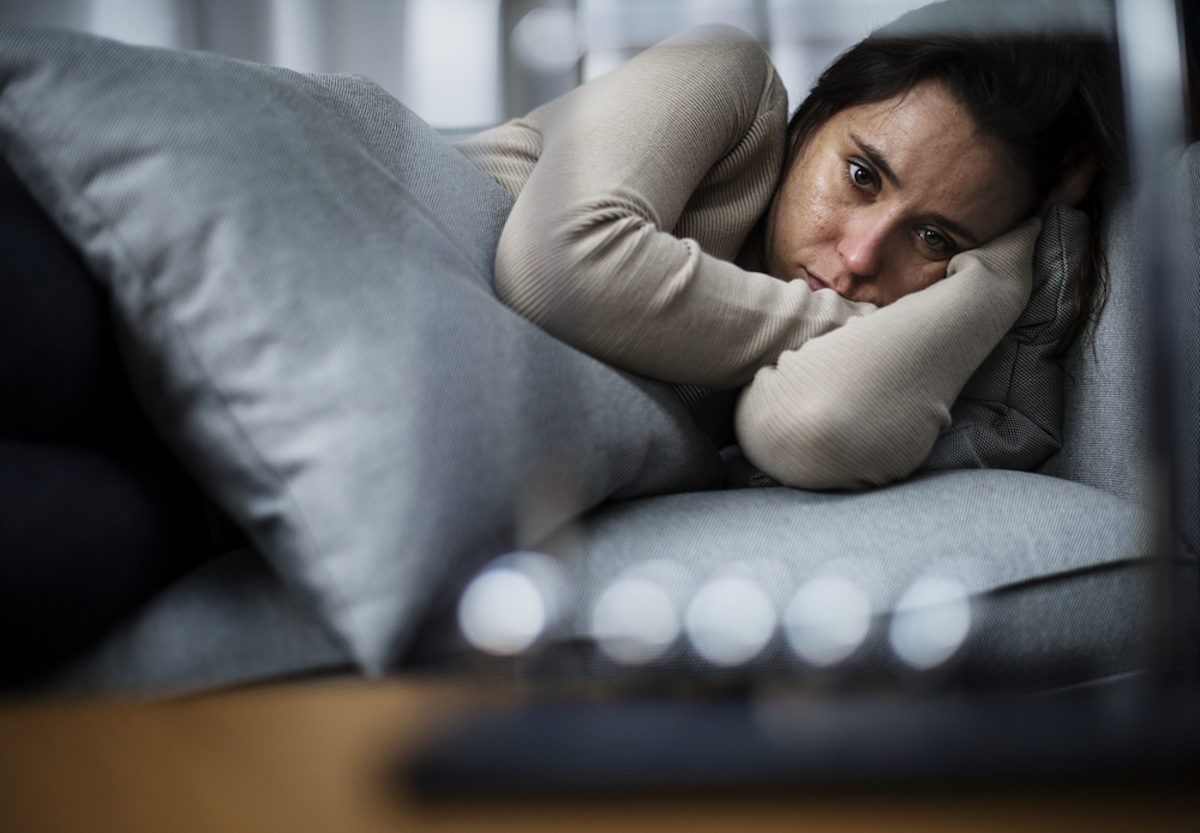Depression may seem like a problem that can’t touch you, but depression and other mental health problems lurk in everyone. So it doesn’t matter if you are young or old, rich or poor or where your roots are, everyone is susceptible to depression. This doesn’t mean everyone gets them, but still, the statistics about depression and mental health in the United States are shocking.

About 21 million Americans suffer from major depression each year, and about 4 million of those cases are youth between the ages of 12 and 17. What’s even more shocking is that only 35% percent of people suffering from mental health problems, like (major) depression, seek help. Suffering from depression is a very serious problem for which everyone needs professional help. The chances of getting better otherwise are very slim.
Symptoms of Depression
Everyone goes through a difficult and dark period from time to time, of course, this does not mean that you do not have depression. The big question is: when is someone suffering from depression, and when is someone “just” having a hard time? Therefore, it is good to know what possible symptoms of depression are so that if you recognize them in yourself or your loved ones, you can do something about them.
Symptoms of depression include:
- Constantly feeling tired, sad, and or/empty.
- Sleeping way too much or way too little
- Weight Fluctuations; meaning no appetite & weight loss or increased appetite & weight gain
- Loss of pleasure & interest in thing once loved
- No desire for sex
- Restlessness & irritability
- Persistent physical symptoms that don’t go away even with treatment
- Difficulty focussing, remembering and making decisions
- Fatigue or lack of energy
- Constantly feeling guilty, hopeless, and/or worthless
- Thinking of suicide or death
When these symptoms are experienced almost every hour of the day for more than two weeks, and you don’t feel it’s getting less, you – or your loved one – might be suffering from clinical depression. This means it is time to start seeking help – and maybe even treatment. Symptoms can differ from person to person, not everybody will experience the same symptoms or to the same degree. The right diagnosis is key. How so? Continue reading on the next page.

